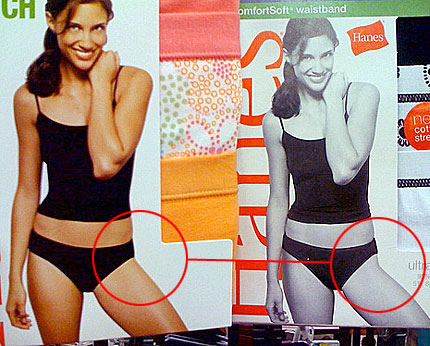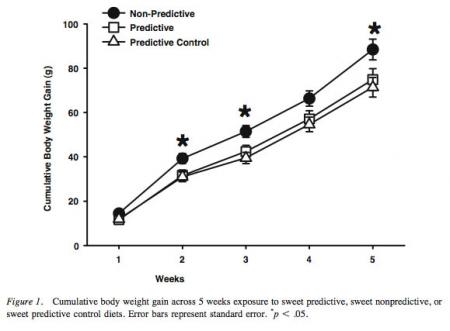Ask Laura: Nutrition Scale
There are a few nutrition scales on the market. Do you have any idea if they are useful and which ones are worth looking into. Every website about weight loss speaks about food diary and self monitoring, this appears to be an accurate method.
What are your thoughts
Valarie
Valarie,
My first thought was: What the heck is a nutrition scale?
When I did a Google search for the words “nutrition scale” there were SO many entries for companies selling food scales. They are compact little scales that can tell you how much food you are eating. So if the nutrition facts on the back of the package say 1 ounce, you can weigh out 1 ounce.
 I have one. I use it to weigh the Walking DVDs and Yearly Journals that I send out every month.
I have one. I use it to weigh the Walking DVDs and Yearly Journals that I send out every month.
Okay, every once and a while, I use it to weigh food to make sure that I’m still eyeballing things right. Mine is made by Escali and it looks very much like this Escali Primo Digital Multifunctional Scale. My sister gave it to me when she cleaned out her kitchen. It runs on batteries and I have never had to change them.
The thing that worried me is the price of these gadgets. They range from $20 to nearly $300. My scale was the cheap twenty dollar version and works wonderfully. Why would anyone need a food scale that is almost three hundred bucks?
They don’t.
I can understand the cost of a scale like that if you worked in a research laboratory, but for weighing your food at home, an inaccuracy of a tenth of an ounce isn’t going to make or break your diet. In fact, the whole idea of meticulously weighing your food just seems wrong to me. Eat enough to stop being hungry and not too full. If that means leaving a bite or two left over, fine. Give it to the dog, throw it away or save it for later.
Seeing all those listings for companies that are selling “nutrition scales” just seems like they are trying to profit off the diet industry. If you do desperately need to weigh your food, a twenty dollar scale should be perfect. Don’t waste your money on anything more elaborate than that.
Best Wishes,
Laura Moncur
Note:
The email reply that I sent to “Valarie” bounced. I suspect that the email I received was a pathetic attempt by some misguided company to create a viral marketing desire for “nutrition scales” and to profit from the diet industry.
Good luck with that.
 Buy Walking Videos
Buy Walking Videos
 There are many times that companies brag about their own advertisements with such phrases as, “As Advertised On TV” or “Advertised In These High Quality Magazines.” Most people just shrug and move on, but what if a vitamin is listed in the PDR? Isn’t that an honor?
There are many times that companies brag about their own advertisements with such phrases as, “As Advertised On TV” or “Advertised In These High Quality Magazines.” Most people just shrug and move on, but what if a vitamin is listed in the PDR? Isn’t that an honor?


 The photo on the cover of The National Enquirer was enough to cause confusion. After losing an incredible 75 pounds with Jenny Craig, the tabloid suggested that Kirstie Alley had gained it all back and lost her job because of it.
The photo on the cover of The National Enquirer was enough to cause confusion. After losing an incredible 75 pounds with Jenny Craig, the tabloid suggested that Kirstie Alley had gained it all back and lost her job because of it. No matter how smart I get, there is still a desperate little girl inside of me that wants to be skinny at any cost. When I saw this postcard from
No matter how smart I get, there is still a desperate little girl inside of me that wants to be skinny at any cost. When I saw this postcard from 